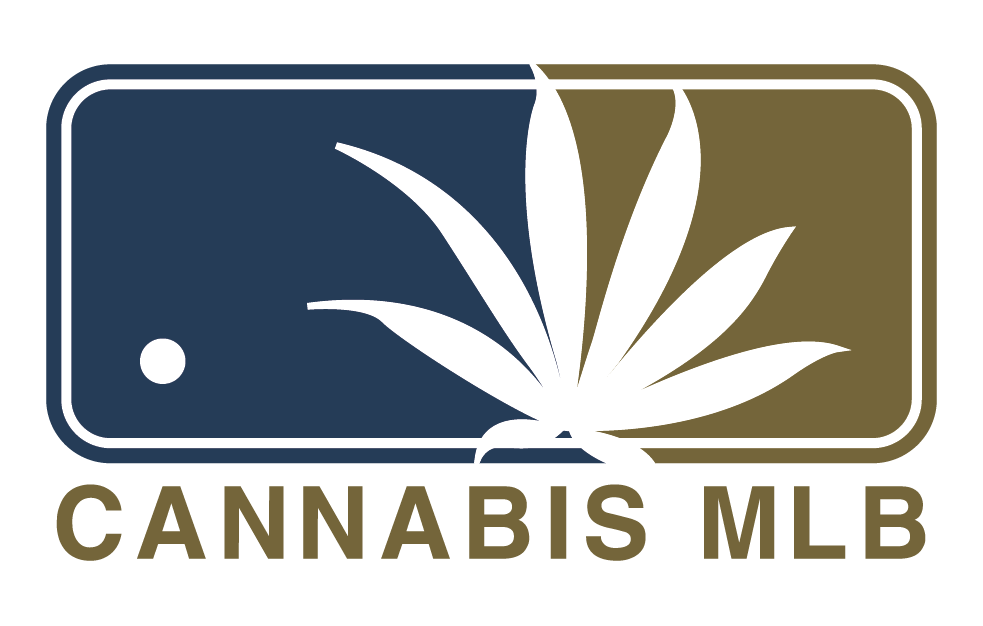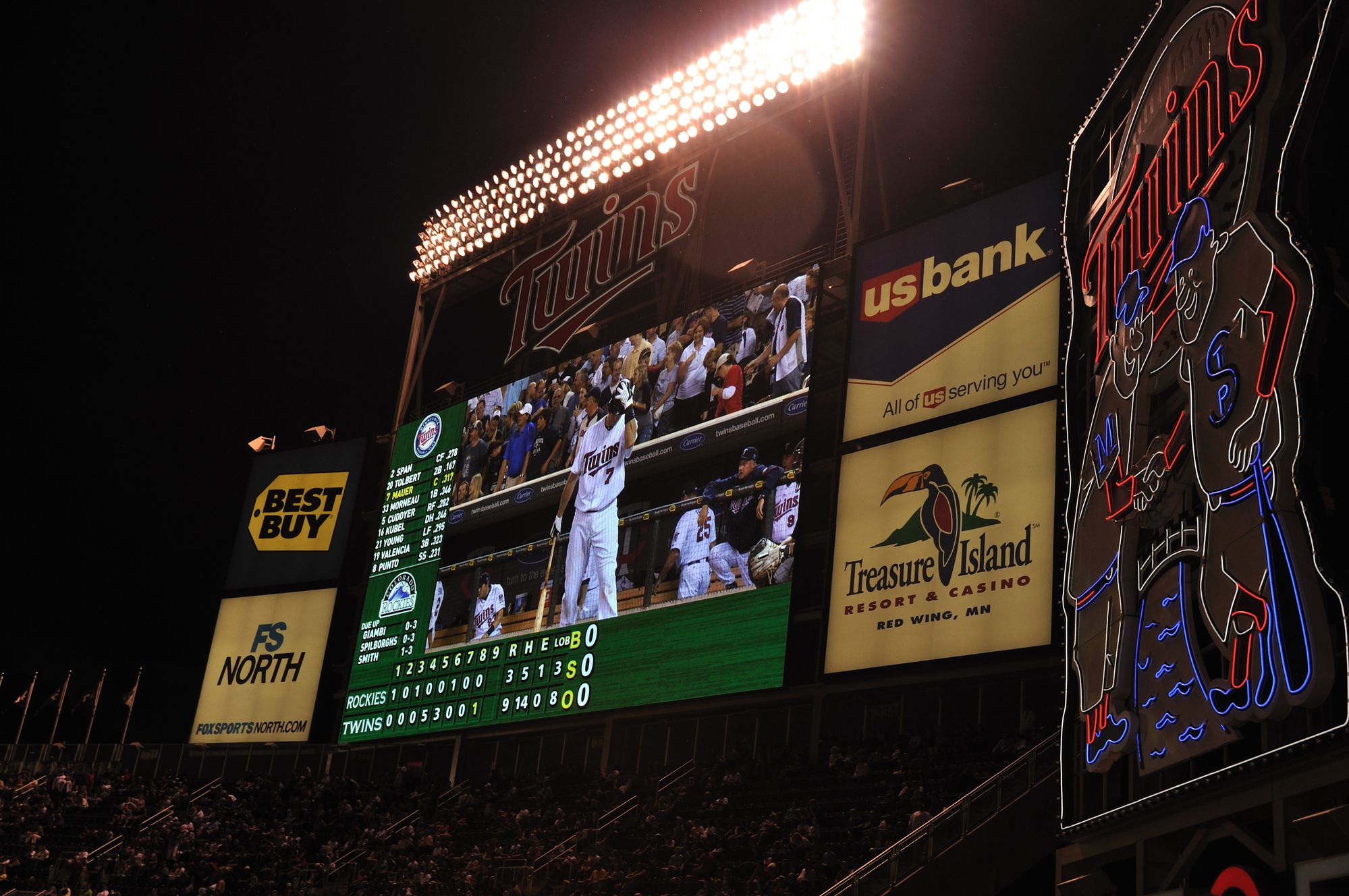When the Toronto Blue Jays cross the U.S.–Canada border, they pass through two starkly different legal regimes on cannabis—a reality that creates unique operational, medical, and reputational risks for the club and visiting teams. Canada legalized adult-use cannabis nationally in 2018, yet it is still a crime to bring any cannabis—including CBD products—across the border in either direction. Government guidance is unequivocal: “It is illegal to take cannabis across the Canadian border,” covering edibles, extracts, topicals, and all CBD items. In parallel, U.S. Customs and Border Protection (CBP) warns that marijuana imports are prohibited under federal law, regardless of state legalization.
Major League Baseball’s policy shift in late 2019 further complicates the picture. MLB removed marijuana from its “drugs of abuse” list and now treats it like alcohol, focusing discipline on misuse and player conduct rather than simple use. Yet the league promptly reminded clubs in February 2020 that players can still be disciplined for violating applicable laws (e.g., possession, distribution, DUI) and that club medical staffs are prohibited from recommending or dispensing cannabinoids. The bottom line: MLB’s internal stance is more permissive than before, but it does not shield anyone from border rules or criminal statutes that might apply on either side.
For the Blue Jays, this produces daily practical challenges. Players and staff must treat any cannabis or CBD product—legal and widely available in Toronto—as contraband once travel is involved. A CBD tincture bearing the MLB logo (a result of the league’s 2022 partnership with Charlotte’s Web) is still off-limits at the border unless it meets federal import rules, which in practice means do not carry it. Canadian agencies reiterate that even medically authorized cannabis cannot be carried internationally without specific permits, while CBP maintains seizure and penalties remain possible at U.S. entry points.
Opponents visiting Toronto face the same constraints. A player who legally consumes cannabis in a U.S. state before traveling may be scrutinized on entry if carrying any product; likewise, after a series in Toronto, no cannabis can lawfully leave Canada with the traveling party. These rules also touch immigration and work-authorized travel: while MLB players typically hold appropriate visas, U.S. federal law continues to treat marijuana as illegal, and past or current involvement can have immigration implications for some travelers.
Sports medicine adds another wrinkle. Some athletes view cannabinoids as part of sleep, pain, or recovery routines, but Canadian sport guidance reminds that cannabis remains prohibited by the World Anti-Doping Agency in-competition, a consideration for athletes who also compete under WADA codes or international events—less central to MLB, but relevant in multi-sport contexts and for staff who advise across sports. MLB’s own directive bars club clinicians from recommending cannabinoids, pushing players toward personal decisions—and potential legal missteps—without team-sanctioned access or travel-proof alternatives.
Risk management for the Blue Jays (and their guests) therefore hinges on compliance routines: strict “no carry” rules for all cannabis/CBD on cross-border trips; clear education that legality in Ontario or a U.S. state does not translate to international travel; and proactive reminders that MLB’s leniency isn’t a legal shield. The paradox is unmistakable: a team based where adult-use cannabis is legal must behave as if it isn’t the moment passports come out. Until U.S. federal law changes—or a narrow, sports-travel carve-out emerges—the Blue Jays will remain MLB’s prime case study in navigating cannabis laws across two countries.

